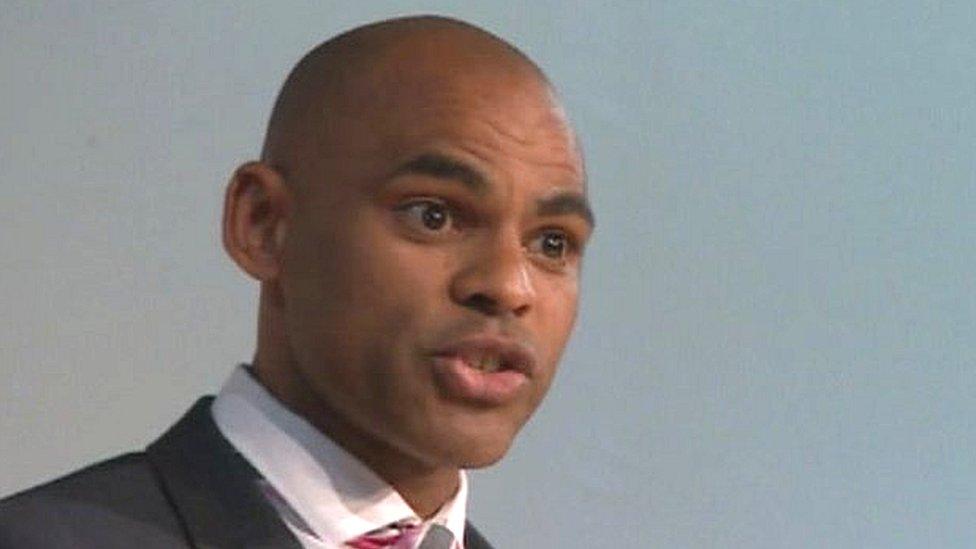Bristol underground: Mayor says studies show it is viable
- Published
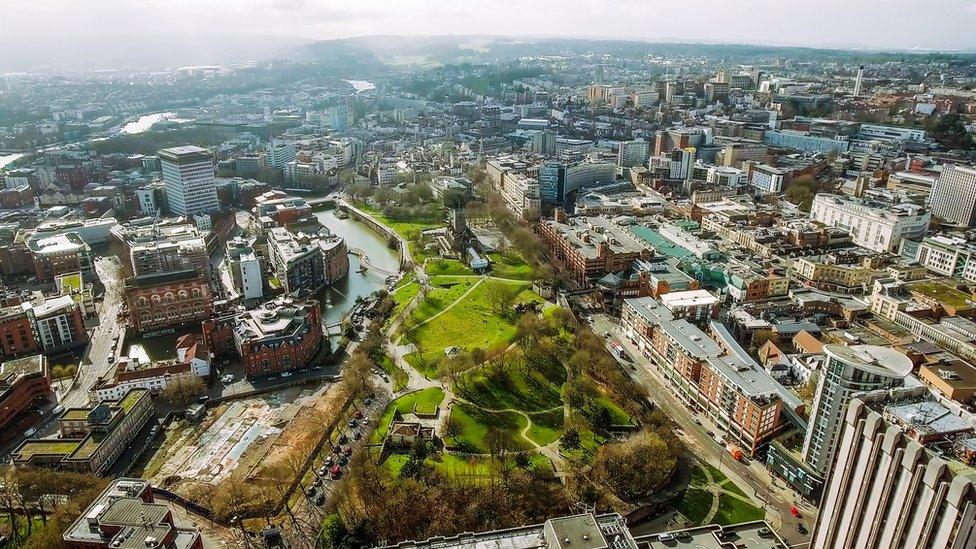
Mr Rees said Bristol had lagged behind other UK cities when it came to public transport
A city mayor says new studies show his plan for an underground rail network is viable.
Marvin Rees said Bristol has been "left behind" on transport and needs a mass-transit system.
Two studies were commissioned ahead of a West of England Combined Authority (WECA) consultation on travel options for the city.
Consultants say the underground - previously estimated to cost up to £4bn - could handle 3,000 people an hour.
In the joint executive summary for the reports, external, they conclude that while an underground network would be more expensive than alternatives, it would cause less disruption to major roads and boost property prices along its routes.
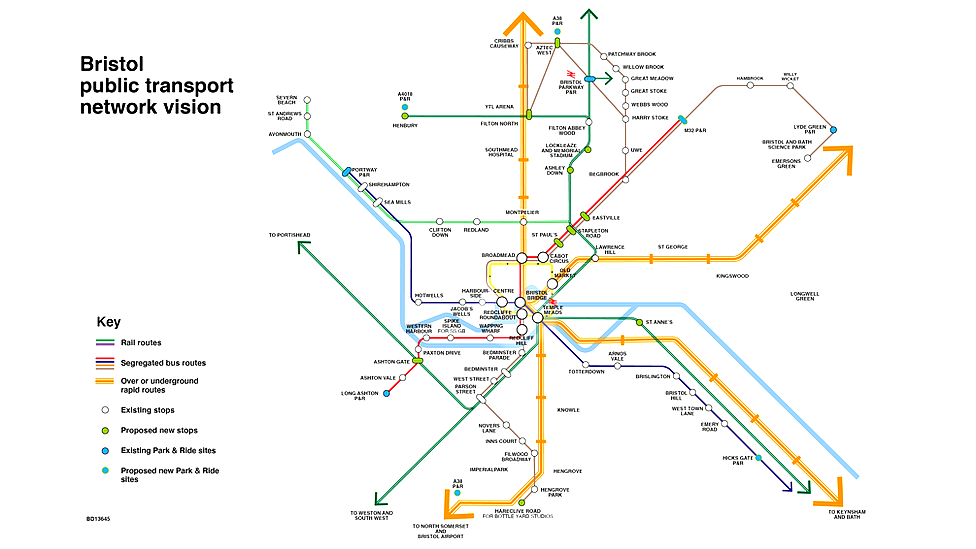
The mayor's plans for a tube network are part of a wider transport revamp for the Bristol area
It would require "substantial capital expenditure that could be difficult to secure" but "has the potential to cover its operating costs", the reports said.
It would also "likely result in significant enhanced public transport connectivity" for areas of the city that are currently poorly served, the report summary stated.
Mr Rees said that although various parties had come up with travel plans for Bristol "the reality is nothing was delivered and Bristol commuters continue to crawl".
'We're not a village'
"The mass transit plan, including going underground, is Bristol and our wider region's only real option for a future transport system that works," he said.
"Bristol has been left behind on transport while all other big British cities have built and modernised mass transit: our city has delivered nothing in recent decades."
Mr Rees said the studies showed that an underground network wasn't "some grand design".
"It's us punching at, not above, our weight, in line with Newcastle, Liverpool, and Glasgow," he said.
"We're a core city, and a global city, not a village. We need a modern, low-carbon transport system, yesterday."
Mr Rees will hold the position of mayor until 2024, after a referendum voted to scrap the post and replace it with a committee system.

Follow BBC West on Facebook, external, Twitter, external and Instagram, external. Send your story ideas to: bristol@bbc.co.uk
Related topics
- Published1 August 2022
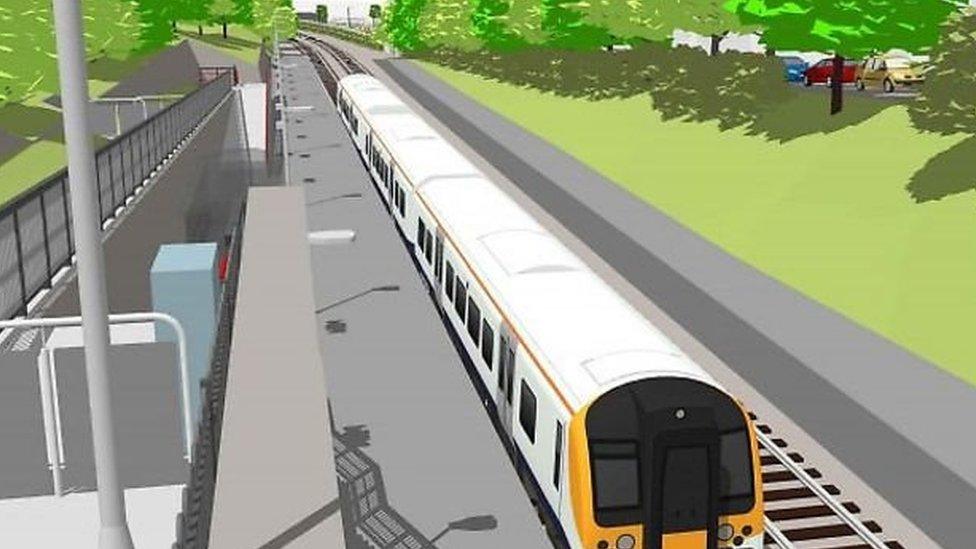
- Published7 April 2022
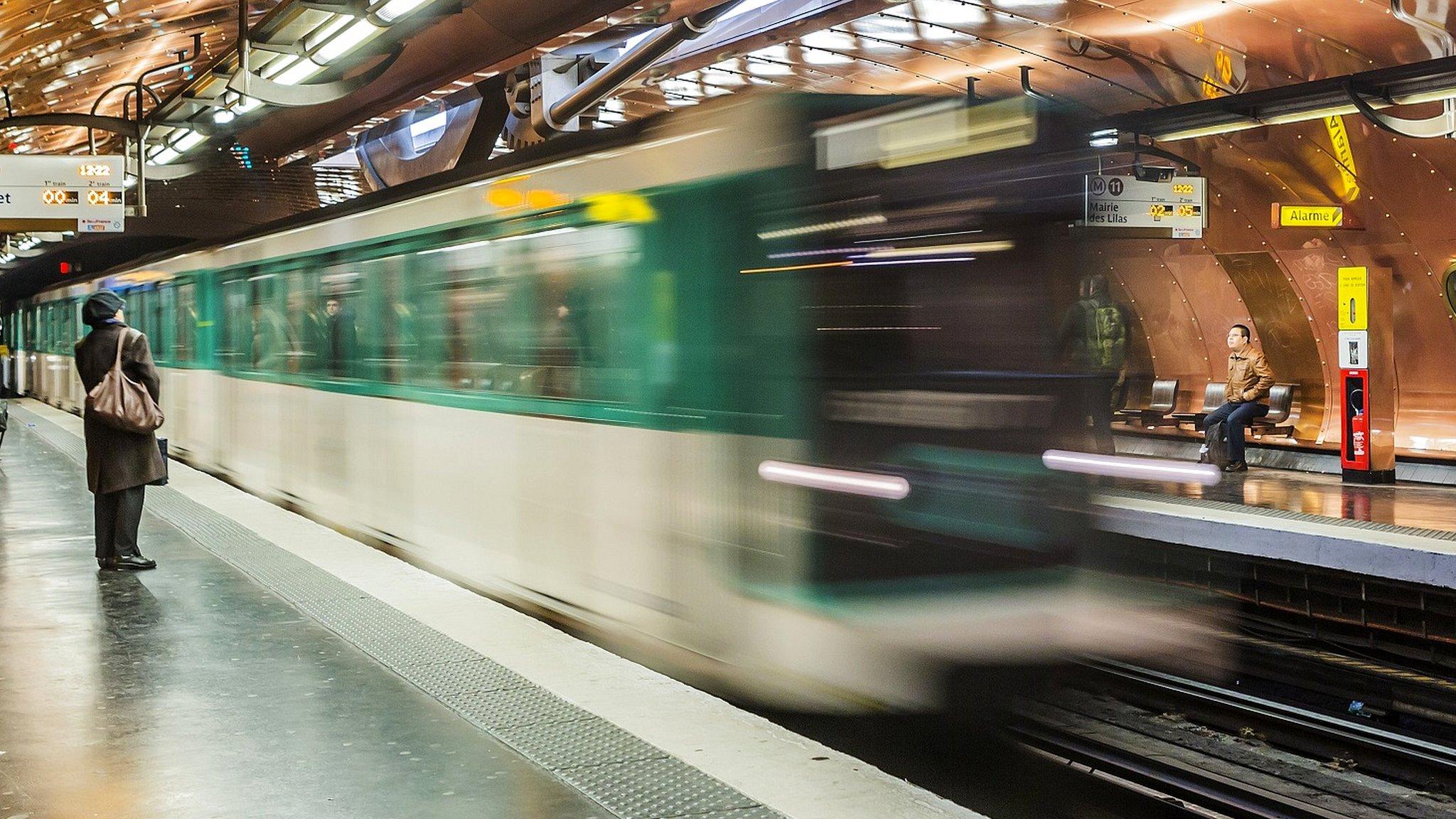
- Published2 February 2022
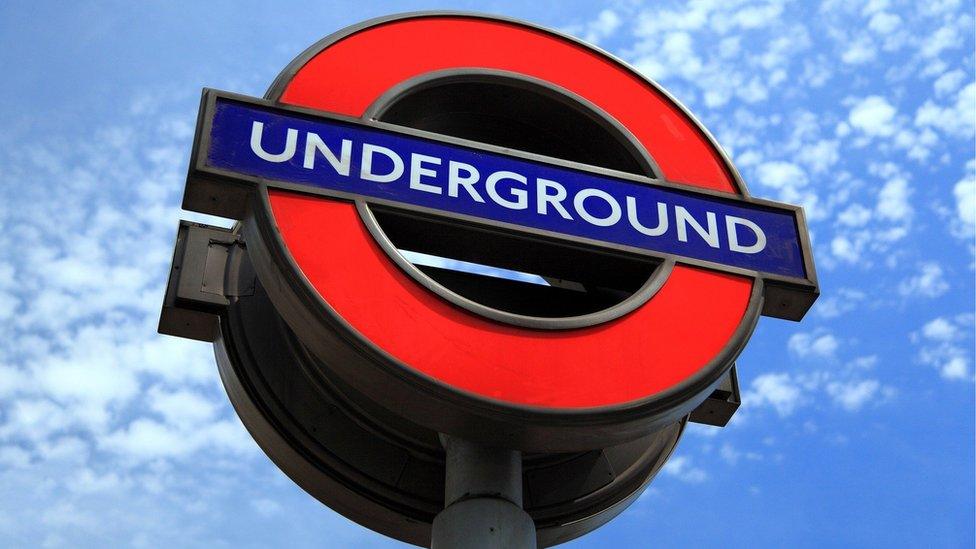
- Published12 October 2020
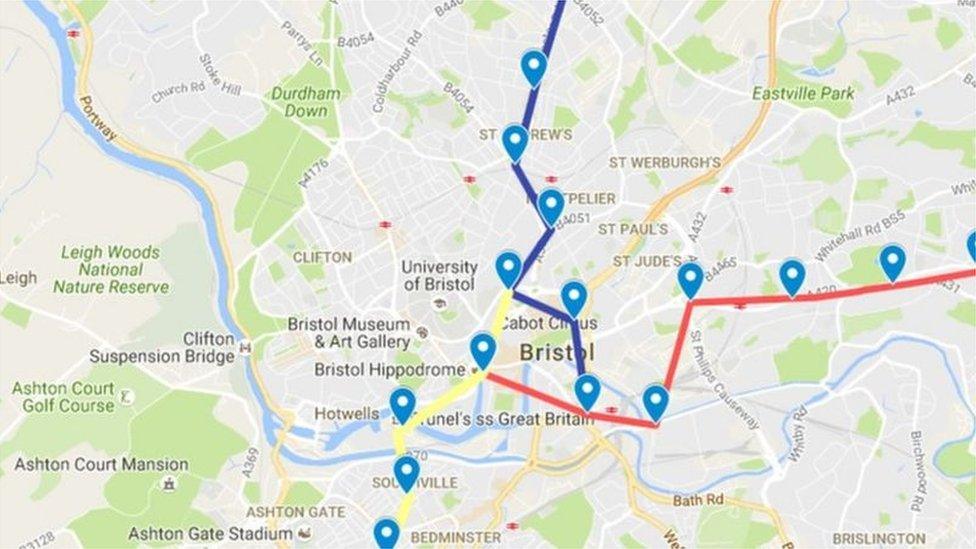
- Published15 February 2020
